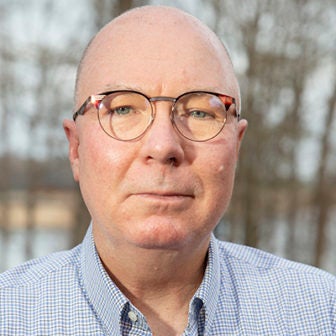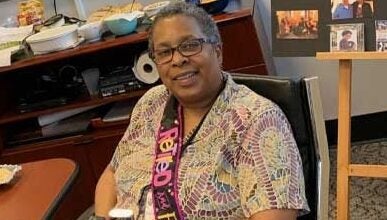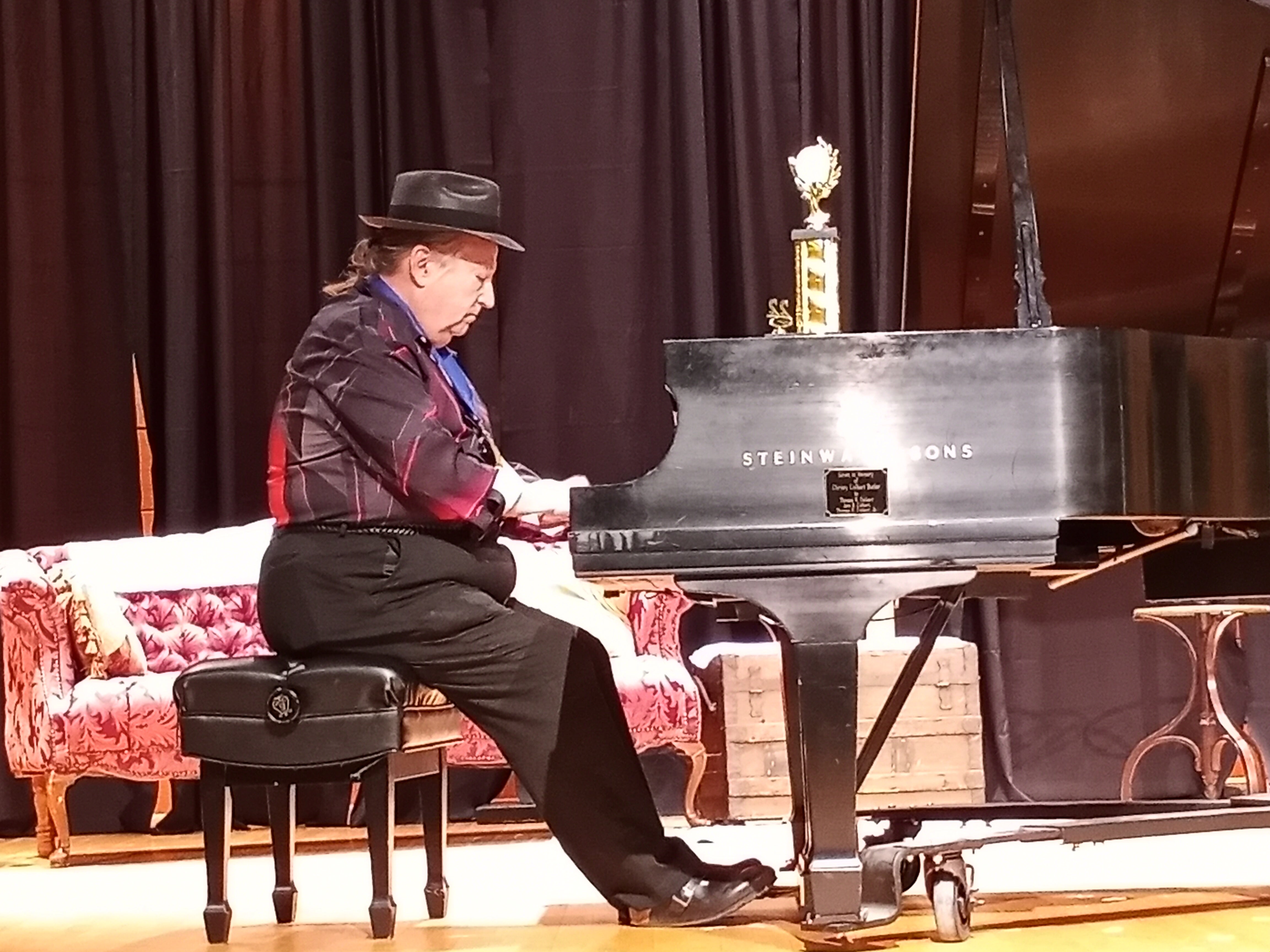Is Hosemann trying to appeal to Gunn, Reeves?
Published 4:30 pm Friday, January 7, 2022

- Bobby Harrison is Mississippi Today’s senior Capitol reporter.
Lt. Gov. Delbert Hosemann believes a plea to Mississippians’ better angels ultimately will lead to Medicaid expansion.
Granted, Hosemann does not utter the phrase “better angels,” but listen closely and it is obvious that he is appealing to them. He also does not want to use the term “Medicaid expansion.” Instead, he would rather discuss everyday scenarios of working Mississippians who suffer, who die because they don’t have access to health insurance.
Hosemann said legislation to provide that health care access will pass “when we start focusing on real life Mississippians… who are really suffering who don’t have to be, who are dying leaving their children motherless. I think we have a sense of values in Mississippi, and I think that will be energized by that discussion.”
Hosemann recently was asked by a reporter about the possibility of expanding Medicaid.
“What is expansion of Medicaid? That is a lazy question,” Hosemann retorted. “What you need to be thinking about is how are we going to cover people who are working in Mississippi who have catastrophic illnesses? That is the real question.”
Hosemann told media members they need to focus on real life consequences instead of “some nomenclature that is three presidents ago.”
Granted, Medicaid expansion was enacted during the first term of former President Barack Obama in 2009. But in fairness to the media, the original Medicaid program was enacted during the 1960s and Social Security was created in the 1930s, yet their names have not changed.
But in fairness to the lieutenant governor, he understands the value of providing health care access and because of the political rhetoric in the state he cannot state the obvious: that the most cost-efficient way to provide health care is by expanding Medicaid as is allowed under the Affordable Care Act, better known as Obamacare.
Under Medicaid expansion, estimates show, between 100,000 to 300,000 primarily working Mississippians, who currently have no insurance, can gain health care with the federal government paying the bulk of the cost. Multiple studies have found that Medicaid expansion will save the state money because of the influx of federal funds.
The two politicians who make it nearly impossible to expand Medicaid in Mississippi are Gov. Tate Reeves and House Speaker Philip Gunn who often, boldly proclaim their opposition to Obamacare.
Perhaps Hosemann, ignoring the political rhetoric and turning focus to helping Mississippians, is also appealing to the better angels of Reeves and Gunn, who often speak of the importance of their Christian faith.
It complicates matters because it is possible — some say likely — that Gunn will square off against Reeves in the 2023 Republican primary for governor, and because of the staunch Mississippi Republicans who will vote in that primary, neither candidate wants to be seen as supporting Obamacare.
Recent polling indicates that Mississippi politicians’ fear of being linked to Obamacare might be exaggerated. A January 2022 poll by AARP found that 68% of Mississippians over the age of 50, including 57% of Republicans polled, favor expanding Medicaid. Other polls, such as those conducted by Chism Research and Millsaps College, have shown similar results.
But polls have not moved Gunn and Reeves.
“I just don’t think that Medicaid expansion is realistic,” Gunn said last week. “Personally, I’m not for it. I’ve been very clear that I’m against it. I don’t see that as a way forward in Mississippi. We need to be looking for ways to get people off Medicaid, not put them on Medicaid. But the bottom line is it’s all an academic discussion until you’ve got the votes (in the supermajority Republican Legislature), and I don’t think the votes exist.”
The cold hard truth that Hosemann knows is that as long as Gunn and Reeves are opposed, the votes won’t exist.
So instead of talking about expanding Medicaid, Hosemann would rather tell the story of a mother of two in Greenwood who worked as a store clerk and was married to a mechanic. Like most people working in similar jobs, she did not have health insurance. Her employer did not provide it, and she could not afford to purchase private coverage.
She developed breast cancer but delayed seeing a doctor because of the lack of insurance.
“By the time she got to the hospital, they could just give her palliative care and she died,” Hosemann said. “And that is happening in Mississippi to working people… Rather than get into some easy question like that (about expanding Medicaid), I think we ought to start focusing on how we provide health care to working Mississippians.
“I think when we do that it takes down a lot of the barriers that may have been built on political discourse.”
Then, Hosemann believes, Mississippians will hear and listen to their better angels.
This analysis was produced by Mississippi Today, a nonprofit news organization that covers state government, public policy, politics and culture. Bobby Harrison is Mississippi Today’s senior Capitol reporter.





